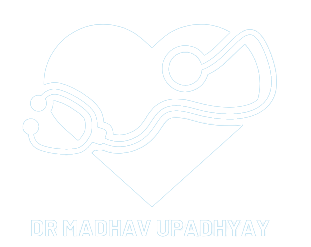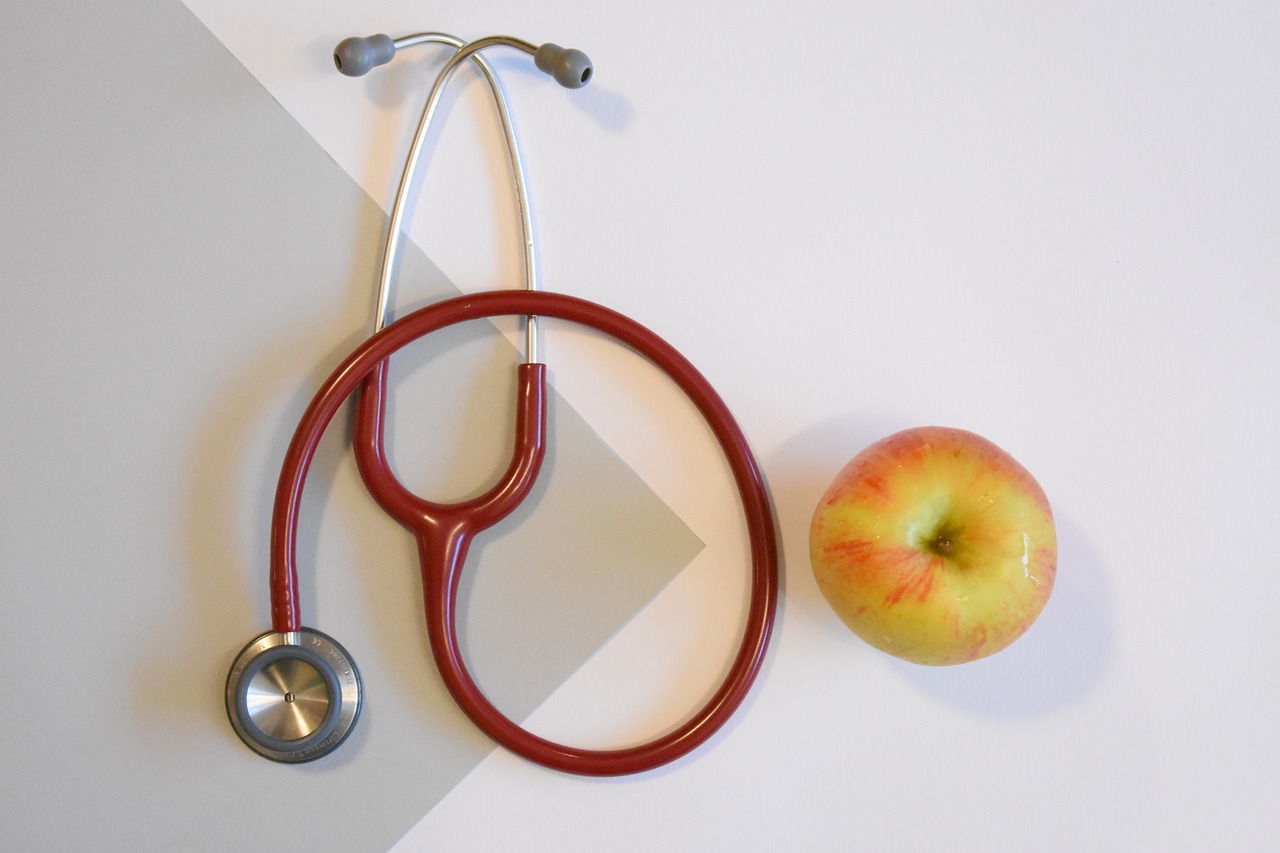What you eat can have a big impact on your heart health. A heart-healthy diet can help reduce your risk of developing heart disease and other cardiovascular problems. Here’s what you need to know about eating for heart health:
- Fruits and vegetables: Fruits and vegetables are packed with nutrients, fiber, and antioxidants that can help support heart health. Aim to eat a variety of colorful fruits and vegetables each day to get the most benefits.
- Whole grains: Whole grains, such as brown rice, quinoa, and whole wheat bread, are a good source of fiber and can help reduce your risk of developing heart disease.
- Lean protein: Choose lean protein sources, such as chicken, fish, and legumes, instead of high-fat meats, which can increase your risk of developing heart disease.
- Healthy fats: Not all fats are bad for your heart. Foods rich in monounsaturated and polyunsaturated fats, such as nuts, seeds, and avocado, can help support heart health.
- Limit sodium: Too much sodium can increase your blood pressure, which is a major risk factor for heart disease. Be mindful of your sodium intake and choose low-sodium options whenever possible.
- Limit processed foods: Processed foods, such as packaged snacks and fast food, can be high in sodium, unhealthy fats, and added sugars, which can all contribute to heart disease.
By incorporating more heart-healthy foods into your diet and limiting unhealthy foods, you can help support heart health and reduce your risk of developing heart disease. Talk to your healthcare provider or a registered dietitian for more guidance on how to eat for heart health.



